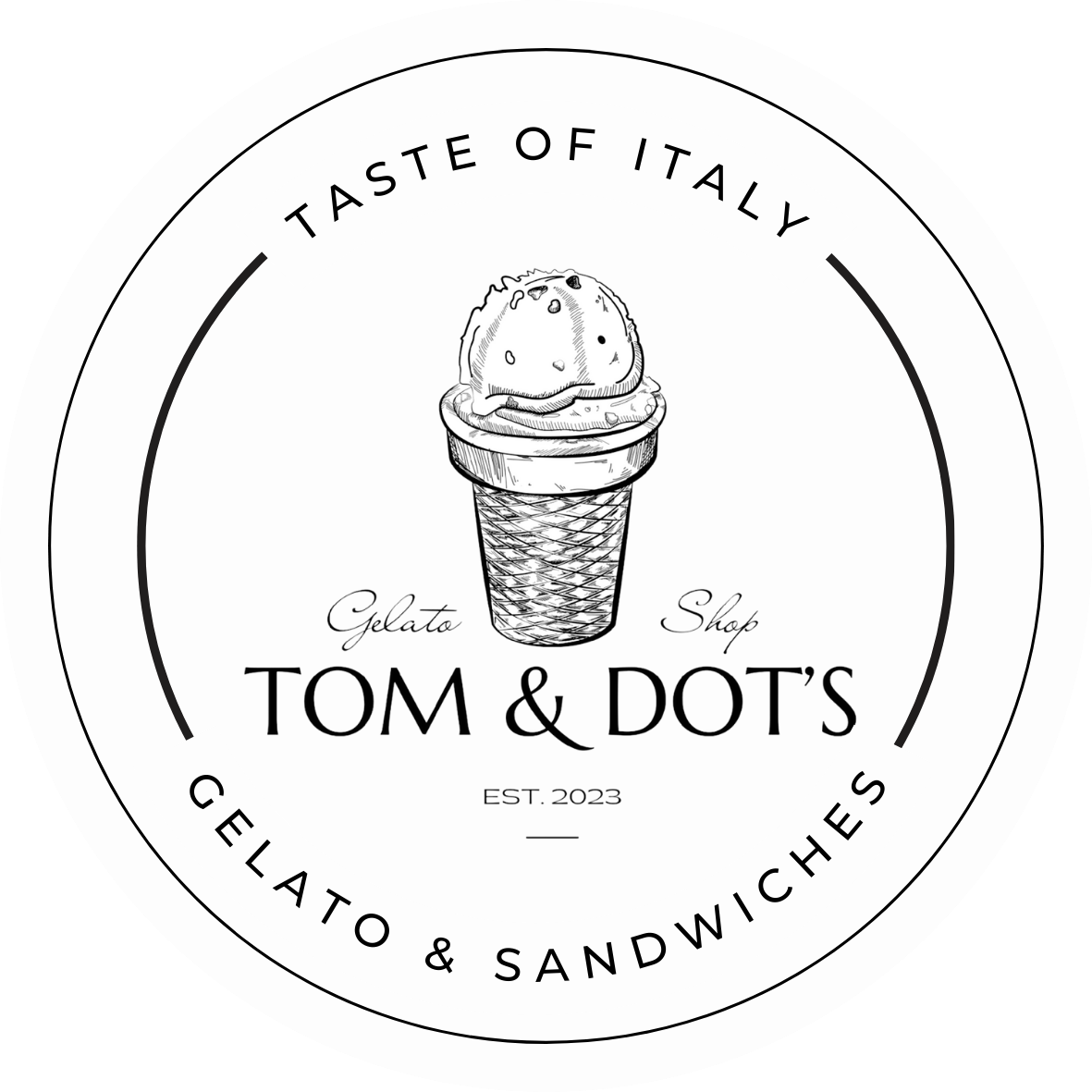What Is Gelato
What Is gelato?

The Main Scoop
How is gelato made?
Gelato, the Italian cousin of ice cream, is a creamy and luscious treat that is crafted through a meticulous process, resulting in its distinct texture and flavor. The journey begins with a custard base, which typically includes milk, sugar, and cream, though gelato is traditionally made with a higher proportion of milk and a lower percentage of cream compared to American ice cream, contributing to its denser consistency. Egg yolks may be added to enrich the mixture, although some modern recipes omit them to highlight pure flavors. The ingredients are heated gently to ensure the sugar dissolves and the mixture becomes homogeneous, before being cooled to allow the flavors to meld. Unlike traditional ice cream, gelato is churned at a slower speed and at a slightly warmer temperature. This slower churn incorporates less air, making the gelato denser and more intense in flavor. After churning, the gelato is promptly transferred to a freezer to set, but is often served at a slightly warmer temperature than ice cream, which enhances its creamy texture and allows the flavors to shine. Artisans often add natural flavorings such as fresh fruit purees, nuts, or chocolate during the churning process, ensuring that every spoonful is a delightful experience. The meticulous care in selecting and balancing ingredients, along with the unique churning method, is what sets gelato apart, offering a smooth and velvety indulgence that captures the essence of Italian culinary tradition.
Where Did Gelato Come From?
Gelato, the creamy and delectable Italian dessert, traces its origins back to ancient civilizations, but it was truly refined during the Renaissance in Italy. The roots of gelato can be found in early frozen desserts enjoyed in ancient China and Egypt, where ice was mixed with flavors to create a refreshing treat. In the 16th century, this concept was brought to Italy, where it evolved into the gelato we know today. The Italian Renaissance was a period of culinary exploration, and it was here that gelato emerged as a sophisticated delight. It is often credited to Bernardo Buontalenti, a Florentine artist and architect, who is said to have served a creamy frozen dessert to the Medici family in the late 1500s. Buontalenti's recipe incorporated milk, cream, honey, and egg yolks, setting the foundation for modern gelato. However, it was Francesco Procopio dei Coltelli, an Italian chef, who popularized gelato in the late 17th century by opening Café Procope in Paris, the first café to serve gelato to the public. Unlike traditional ice cream, gelato is churned at a slower speed, resulting in a denser, more flavorful treat with less air. Today, gelato is celebrated worldwide for its rich taste and silky texture, with artisanal gelaterias found in many corners of the globe, delighting people of all ages with its endless array of flavors.
How Do You Know If You Are Getting Authentic Gelato Or Not?
Determining whether gelato is authentic involves paying attention to several key factors that distinguish genuine Italian gelato from its imitators. Authentic gelato, unlike regular ice cream, should display a dense, creamy texture without being overly airy, as it is churned at a slower rate, incorporating less air into the mix. This results in a richer flavor and a silkier mouthfeel. When visually inspecting gelato, vibrant and overly bright colors can be a red flag, as traditional gelato uses natural ingredients, which often result in more muted hues. For example, pistachio gelato should have a subtle green tint rather than an artificial neon shade. Authentic gelato is also typically stored at a slightly warmer temperature compared to ice cream, around -12°C (10°F), which keeps it supple and enhances its creamy consistency. Additionally, the ingredient list should be brief and straightforward, focusing on fresh, high-quality ingredients without the inclusion of artificial flavors or preservatives. When tasting, genuine gelato should present an intense flavor, as it contains less fat than ice cream, allowing the natural taste of the ingredients to shine through. Finally, the best indicator of authenticity is often the reputation and tradition behind the gelato shop, where experienced artisans craft it with care, following time-honored recipes and techniques passed down through generations.
Where Can I Get Authentic Gelato?
Tom & Dot's located in Miamisburg Ohio brings the enchanting taste of Italy directly to your palate with their authentic gelato, crafted from the finest ingredients. With over 36 delectable flavors, plus exciting seasonal selections, each scoop is a delightful journey through rich, creamy textures and vibrant tastes. Whether you're a fan of classic favorites or adventurous flavors, our gelato promises freshness and quality that’s simply unmatched. Treat yourself to a little scoop of Italy— indulge in the sweet magic of Tom & Dot's today!

